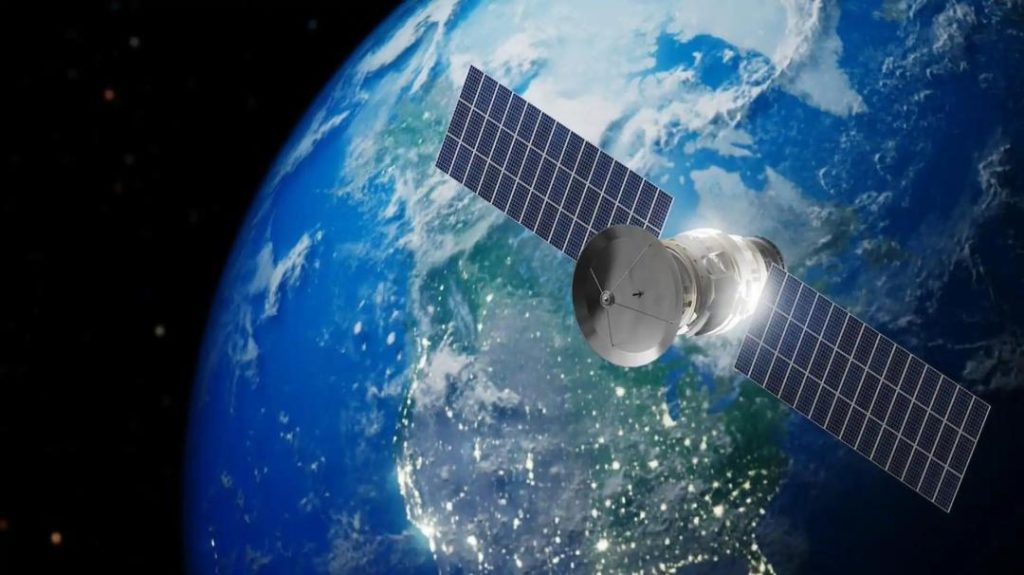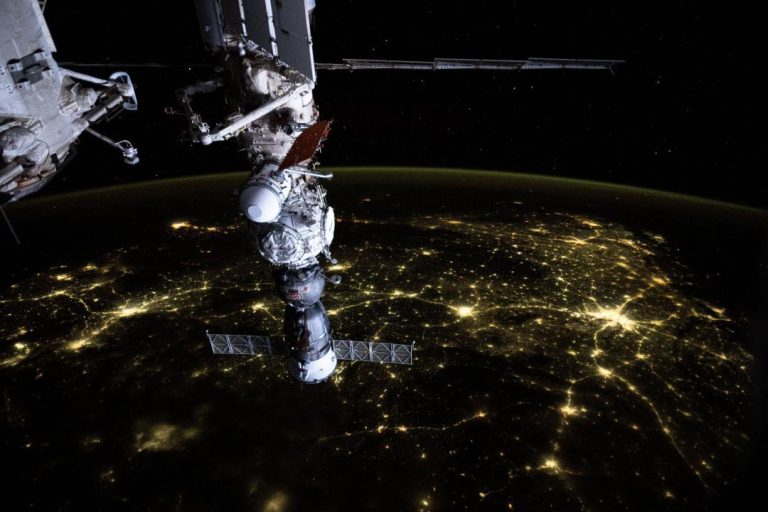
What are Space Pirates & How Can Satellites be Secured from Them?
In recent years, the threat of space pirates has gained significant attention in the scientific community and beyond. These individuals or groups attempt to attack man-made satellites, either virtually or physically, using various methods. The consequences of such attacks can be catastrophic, disrupting vital communication and navigation systems that rely on these satellites. In this blog post, we will delve into the concept of space pirates, the threats they pose, and the measures that can be taken to secure satellites from their attacks.
What are Space Pirates?
Space pirates are individuals or groups who seek to exploit the vulnerabilities of satellites for personal gain or malicious purposes. These attackers may use various methods to compromise the security of satellites, including hacking, physical attacks, or theft. Their motivations can range from financial gain to political or ideological statements.
Methods of Attack
Space pirates use a range of methods to attack satellites, including:
- Hacking: Cyber attacks can be launched against satellites to gain unauthorized access to their systems and data. This can disrupt the satellite’s operations or steal sensitive information.
- Physical attacks: Space pirates may use physical methods to damage or destroy satellites, such as launching missiles or rockets to collide with the satellite.
- Theft: Satellites can be stolen or hijacked, either in space or on the ground, to be used for nefarious purposes.
Consequences of Space Piracy
The consequences of space piracy can be severe, with far-reaching impacts on various aspects of our lives. Some of the potential consequences include:
- Disruption of critical infrastructure: Satellites play a crucial role in providing communication, navigation, and weather forecasting services. Disruption of these services can have significant consequences for daily life, including the interruption of emergency services, financial transactions, and global trade.
- Financial losses: Space piracy can result in significant financial losses for companies and governments that rely on satellites for their operations.
- National security risks: Satellites are used for military communications, surveillance, and navigation. The compromise of these systems can pose significant national security risks.
How Can Satellites be Secured from Space Pirates?
To protect satellites from space pirates, countries and companies owning satellites must build multi-layered security systems that incorporate ground-to-space operations. Some of the measures that can be taken include:
- Enhanced cybersecurity: Satellites must be equipped with robust cybersecurity measures to prevent hacking attacks.
- Physical security: Satellites must be designed with physical security in mind, including measures to prevent theft and tampering.
- Ground-to-space operations: Ground stations and control centers must be secured to prevent unauthorized access to satellite systems.
- International cooperation: International cooperation is essential to address the threat of space piracy. Countries must work together to share intelligence, coordinate responses, and develop common security standards.
- Development of rapid response capabilities: Methods of quick space travel must be devised to ensure rapid response to physical acts of piracy.
Conclusion
Space piracy is a growing threat that can have severe consequences for global security and stability. To address this threat, countries and companies owning satellites must build multi-layered security systems that incorporate ground-to-space operations. International cooperation is essential to address this threat, and rapid response capabilities must be developed to ensure swift action in the event of a physical attack. By taking these measures, we can mitigate the risks posed by space pirates and ensure the continued safe and secure operation of satellites.
News Source:






